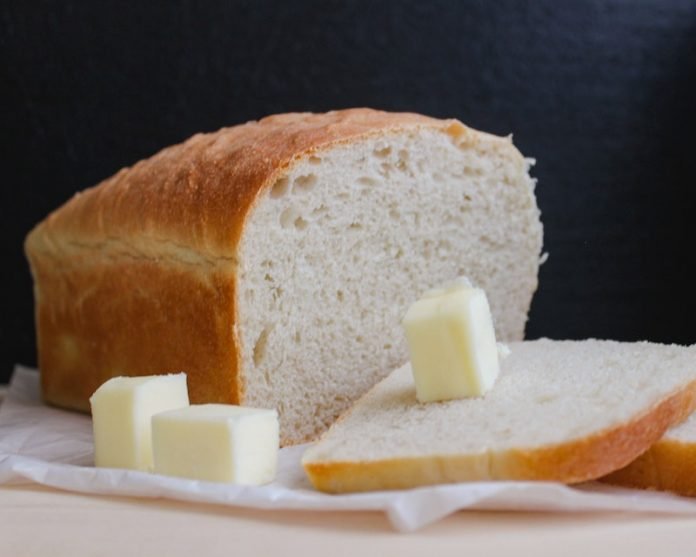
In a new study, researchers found that consuming more refined grains, such as croissants and white bread, is linked to a higher risk of major heart disease, stroke, and early death.
The study has been examining diets of diverse populations in low-, middle- and high-income countries around the world.
Over 16 years of analysis of 137,130 participants in 21 countries, including Canada, the researchers found the intake of refined grains and added sugars have greatly increased over the years.
Grains were categorized into three groups: refined grains, whole grains, and white rice.
Refined grains included goods made with refined (e.g. white) flour, including white bread, pasta/noodles, breakfast cereals, crackers, and bakery products/desserts containing refined grains.
Whole grains included whole grain flours (e.g. buckwheat) and intact or cracked whole grains (eg. steel-cut oats).
In the study, the team found that having more than seven servings of refined grains per day was linked to a 27% greater risk for early death, 33% greater risk for heart disease, and 47% greater risk for stroke.
No significant adverse health effects were found with consuming whole grains or white rice.
The study suggests eating whole-grain foods like brown rice and barley and having fewer cereal grains and refined wheat products.
Reducing one’s overall consumption of refined grains and having better quality carbohydrates is essential for optimal health outcomes.
If you care about heart health, please read studies about a big cause of heart failure and findings of this common antibiotic drug linked to higher heart attack risk.
For more information about heart disease, please see recent studies about diabetes drugs that may increase the risk of heart failure and results showing this personality trait linked to heart attack death.
The study is published in The British Medical Journal. One author of the study is Scott Lear.
Copyright © 2021 Knowridge Science Report. All rights reserved.



